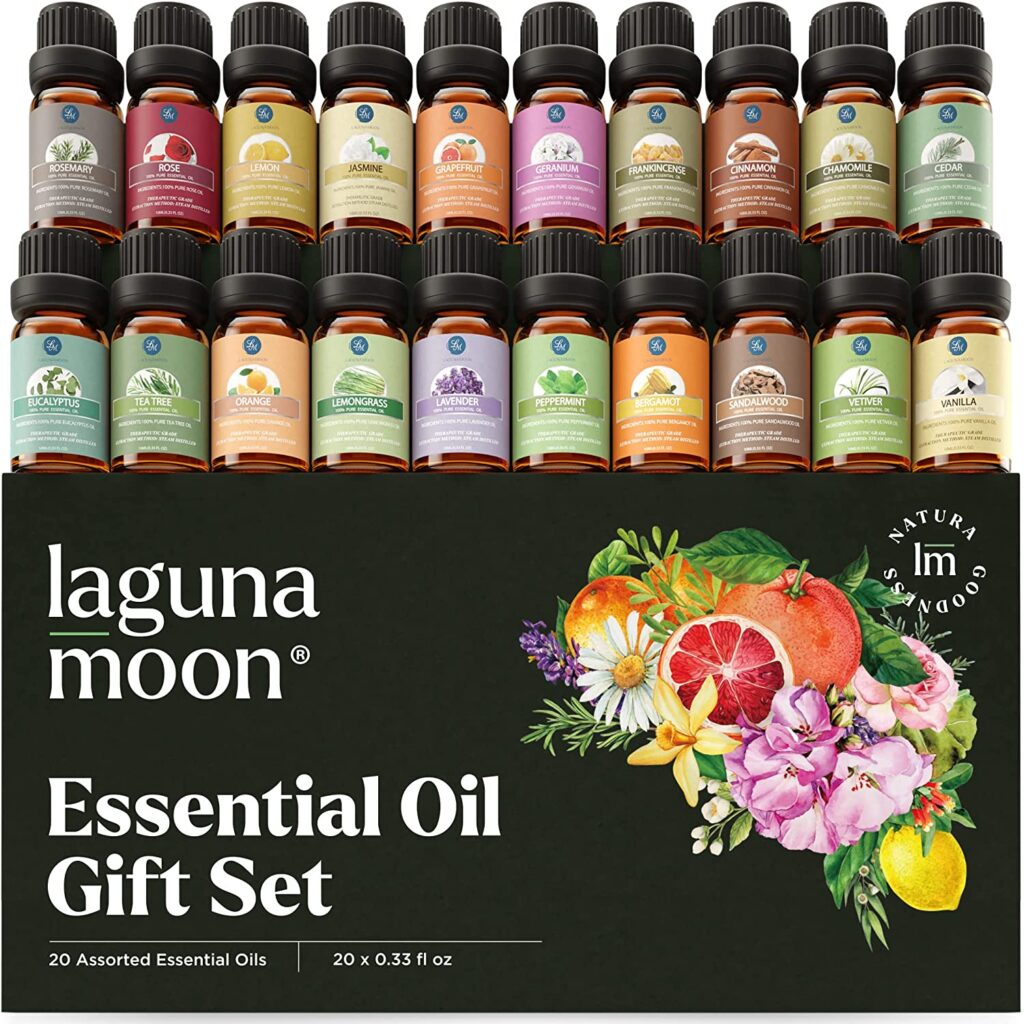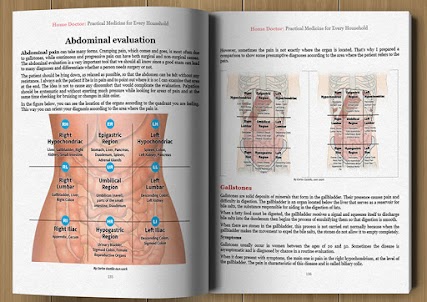Muscle spasms can be a real pain, quite literally. These involuntary contractions can occur in any muscle group, leaving us desperately searching for solutions. While medical intervention may be necessary in severe cases, there are several natural home remedies for muscle spasms that can help provide relief and promote healing. Not only are these remedies often easily accessible, but they also offer a safer and more holistic approach to finding relief. In this blog post, we will explore some of the best natural home remedies for muscle spasms that can help you find comfort and get back to doing the things you love.
10 Natural Home Remedies for Muscle Spasms
Note: Some of the links here are affiliate links. There’s NO additional cost for you, but it does help our team to earn some coffee money to help write more health tips for you.

1. Stay Hydrated
Dehydration is a common cause of muscle spasms. Ensure that you are drinking enough water throughout the day to keep your body well-hydrated. This can help prevent muscle cramps and spasms from occurring in the first place. Opt for natural electrolyte-rich drinks like coconut water or diluted fruit juices to replenish electrolytes lost through sweat.
2. Apply Heat or Cold Therapy
One of the simplest and most effective ways to alleviate muscle spasms is by applying heat or cold packs to the affected area. Both heat and cold therapy can be beneficial in alleviating muscle spasms. Heat helps to relax the muscles and increase blood flow, while cold packs reduce inflammation. Experiment with both methods to determine which works best for you.
3. Magnesium-Rich Foods
Magnesium is a vital mineral that plays a crucial role in muscle function. Low levels of magnesium can lead to muscle spasms and cramps. Incorporating magnesium-rich foods into your diet, such as bananas, spinach, and almonds can help alleviate muscle spasms. If necessary, consider taking magnesium supplements after consulting with a healthcare professional.
4. Epsom Salt Bath
Soaking in an Epsom salt bath can provide relief from muscle spasms. Epsom salt contains magnesium sulfate, which can be absorbed through the skin. Fill your bathtub with warm water and add a cup or two of Epsom salt. Soak for at least 20 minutes to experience the soothing effects.

5. Stretching
Regular stretching can help prevent muscle spasms in the first place, but it can also provide relief when they occur. Stretching helps lengthen the muscle fibers and reduce tension. Focus on stretching the affected muscle gently, holding the stretch for at least 30 seconds. However, be sure not to overstretch, as this may worsen the spasms. Incorporate this into your daily routine to prevent future spasms.
6. Massage Therapy
Massaging the affected area can help relax tense muscles and relieve spasms. Use gentle, circular motions to massage the area. For more severe cases, it is best to seek professional help from a trained massage therapist.
7. Herbal Remedies
Certain herbs have been used for centuries to alleviate muscle spasms. Chamomile, valerian root, and lavender are known for their muscle relaxant properties. You can consume these herbs in the form of tea or use essential oils for topical application. They are also available as supplements.
8. Essential Oils
Essential oils have long been used for their therapeutic properties. Peppermint, lavender, and eucalyptus essential oils are particularly effective in reducing muscle spasms. Dilute a few drops of the chosen oil with a carrier oil such as coconut or almond oil, and gently massage onto the affected area for relief.

Laguna Moon Essential Oil Gift Set
From calming lavender and soothing chamomile to refreshing eucalyptus, this set of 20 essential oils has something for everyone.
9. Turmeric
Turmeric, a vibrant yellow spice commonly used in cooking, contains a compound called curcumin. Curcumin has anti-inflammatory properties that can help reduce muscle spasms. Consider adding turmeric to your meals or taking a turmeric supplement for its potential benefits.
10. Increase Potassium Intake
Low potassium levels can contribute to muscle cramps and spasms. Incorporate potassium-rich foods into your diet, such as bananas, avocados, spinach, and sweet potatoes. Additionally, consider taking a potassium supplement after consulting with your healthcare provider.
Preventive Measures

- Stay Mindful of Electrolyte Imbalance: Electrolyte imbalance, particularly low levels of calcium, potassium, or sodium, can contribute to muscle spasms. Incorporate foods rich in these electrolytes, such as bananas, oranges, dairy products, and leafy greens, into your diet to maintain proper electrolyte balance.
- Exercise: Regular physical activity and exercise can help prevent muscle spasms in the long run. Engaging in low-impact exercises like swimming, yoga, or Pilates can strengthen the muscles, improve flexibility, and reduce the likelihood of spasms occurring.
- Keep Warm: Cold temperatures can cause muscles to contract, increasing the risk of spasms. Keep your body warm, especially during colder months or when engaging in outdoor activities. Dress in layers and use heating pads if necessary.
- Have a Nutritious Diet: A balanced diet rich in vitamins and minerals is essential for overall muscle health. Ensure that you are consuming enough calcium, potassium, magnesium, and vitamins D and E through your diet or supplements.
The Bottom Line
While these natural home remedies for muscle spasms can provide relief, it is always important to consult with a healthcare professional if your symptoms persist or worsen. Additionally, if you have any underlying medical conditions or are taking medications, it is crucial to seek guidance before trying any new remedies.
Remember, what works for one person may not work for another, so it’s important to find the remedies that suit you best. Give these natural home remedies for muscle spasms a try and see what works for you.
Your Must-Have Guide to Ailments, Diagnosis & Unexpectedly Effective Home Remedies
Authored by 2 real doctors and a survivalist prepper, The Home Doctor, will enable you to (1) find a common “antibiotics” plant, (2) diagnose the type of abdominal pain you have, and (3) do so much more.







